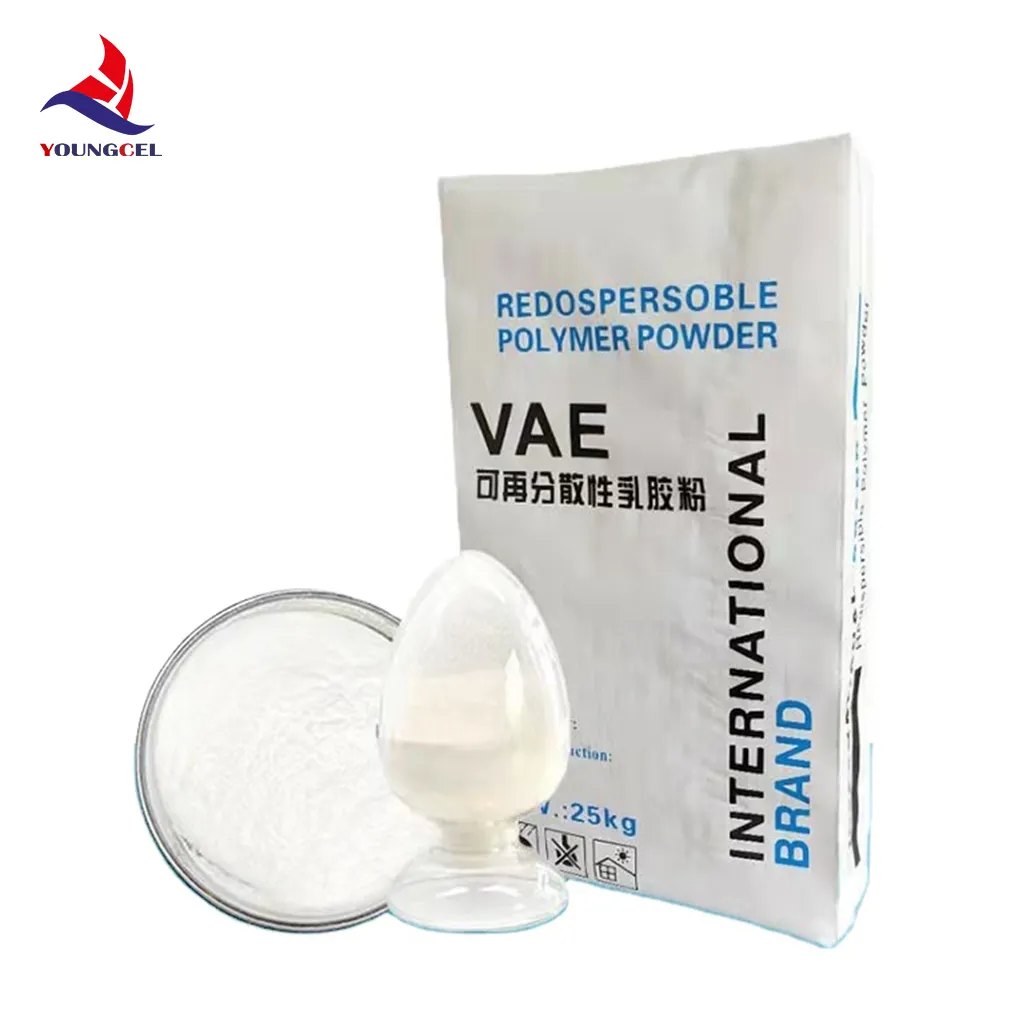Chemical Thickening Agents Enhancing Industrial Applications
In various industries, the need for texture and consistency in products is paramount. This is where chemical thickening agents come into play. These substances not only aid in achieving desired viscosity but also improve the stability and performance of a wide range of materials, from food products to cosmetics and industrial fluids.
What Are Chemical Thickening Agents?
Chemical thickening agents, often simply called thickeners, are substances added to liquids to increase their viscosity. This increase in thickness can play a crucial role in enhancing the product's characteristics. Thickeners can be broadly classified into two categories natural and synthetic. Natural thickeners derive from plant or animal sources, such as starches, gums, and proteins, while synthetic thickeners are chemically engineered to meet specific viscosity requirements.
Applications in Food Industry
In the food industry, thickening agents serve multiple purposes. They can enhance mouthfeel, stabilize emulsions, and prevent separation of ingredients. Commonly used thickeners in food products include xanthan gum, guar gum, and modified starches. For example, xanthan gum is widely recognized for its ability to create a smooth texture in dressings and sauces, while guar gum is often utilized in dairy products to improve creaminess.
Moreover, thickeners also play a significant role in reducing calorie content by enabling manufacturers to provide lower-fat alternatives without compromising on texture and flavor. This is particularly important in the current market where health-conscious consumers are increasingly seeking products that align with their dietary preferences.
Cosmetic and Pharmaceutical Uses
'chemical thickening agent'

The cosmetic industry also leverages chemical thickening agents to create desirable textures in creams and lotions. For instance, carbomers and natural gums are frequently used to achieve the perfect consistency in skincare products. The ability to control the viscosity ensures that products are easy to apply and spread smoothly on the skin.
In pharmaceuticals, thickeners are essential in formulating liquid medications. They help in stabilizing suspensions and ensuring even distribution of active ingredients, which can greatly enhance the efficacy of the drug. For example, cellulose derivatives are commonly employed in syrups and suspensions to maintain the consistency and enhance the shelf life of the product.
Industrial Applications
Beyond food and cosmetics, chemical thickening agents find extensive use in industrial applications. In paints and coatings, thickeners improve the application properties, helping to prevent sagging and ensuring even coverage. In the oil and gas industry, thickeners are used in drilling muds to improve fluid viscosity, which is critical for optimal drilling performance.
Moreover, the textile industry utilizes thickeners in printing processes to achieve vibrant and defined patterns on fabrics. The ability to control the flow of printing pastes ensures that color application remains consistent and detailed.
Conclusion
Chemical thickening agents are versatile substances that play a vital role across various sectors. They not only optimize product performance and stability but also contribute to consumer satisfaction by enhancing texture and usability. As industries continue to innovate and respond to changing consumer demands, the importance of these agents will undoubtedly grow, driving further research and development in this essential field. With a diverse range of applications, chemical thickeners remain an indispensable component of modern manufacturing processes.
-
Rdp Powder: Key Considerations for Wholesalers in the Building Materials IndustryNewsJul.08,2025
-
Key Considerations for Wholesalers: Navigating the World of Hpmc - Based ProductsNewsJul.08,2025
-
Hpmc Detergent: Key Considerations for WholesalersNewsJul.08,2025
-
Key Considerations for Wholesalers: China Hpmc For Tile Adhesive, Coating Additives, Concrete Additives, and MoreNewsJul.08,2025
-
Crucial Considerations for Wholesalers: Navigating the World of Construction MaterialsNewsJul.08,2025
-
Key Considerations for Wholesalers Sourcing Additive For Cement, Additive For Concrete, Additive For Putty from Additive Manufacturer Shijiazhuang Gaocheng District Yongfeng Cellulose Co., Ltd.NewsJul.08,2025




